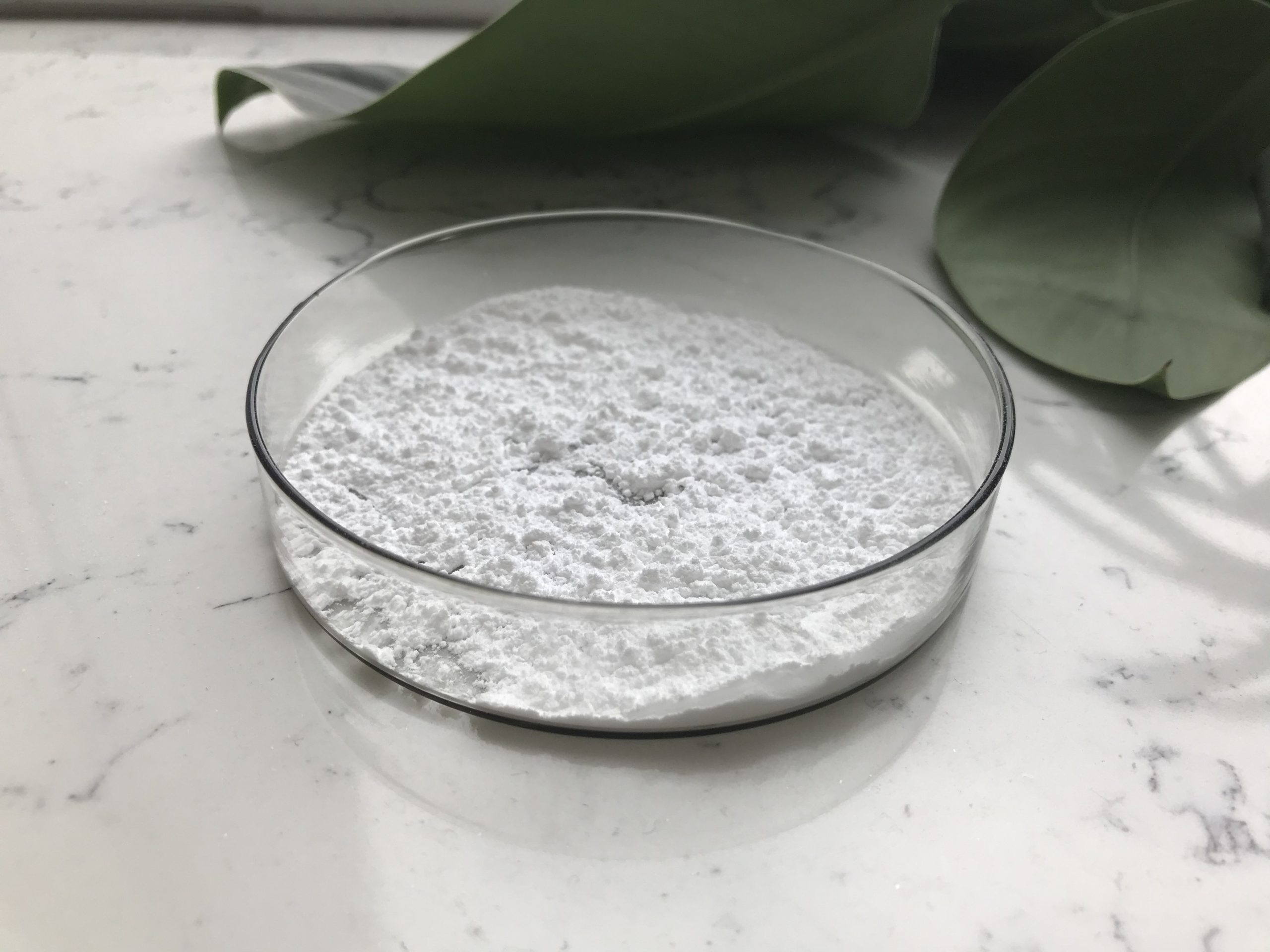Ge-132, also known as germanium-132 or organic germanium, is a chemical compound that has been studied for its potential health benefits. However, it’s important to note that while there has been some research conducted on Ge-132, the scientific evidence supporting its benefits is not as extensive as that for more commonly studied nutrients and compounds. Here are some potential benefits that have been suggested:
Benefits of Ge-132
Antioxidant Properties: Ge-132 is believed to have antioxidant properties, which means it may help neutralize harmful free radicals in the body. Free radicals are molecules that can cause oxidative stress and damage to cells, potentially leading to various health issues, including aging and chronic diseases.
Immune System Support: Some research suggests that Ge-132 might have immune-enhancing effects. It may stimulate the production and activity of certain immune cells, which could contribute to a stronger immune response.

Anti-Inflammatory Effects: Ge-132 has been studied for its potential anti-inflammatory properties. Inflammation is associated with various health conditions, and compounds with anti-inflammatory effects could potentially be beneficial in managing these conditions.
Cancer Prevention: Some preliminary studies have suggested that Ge-132 might have anti-cancer properties. It’s been proposed that Ge-132 could enhance the body’s natural defenses against cancer cells and inhibit the growth of tumors. However, more research is needed to establish its effectiveness in this regard.
Detoxification Support: Ge-132 has been investigated for its potential role in supporting detoxification processes in the body. It’s thought that the compound might help the body eliminate certain toxins and heavy metals.
Cardiovascular Health: There is some research indicating that Ge-132 might have a positive impact on cardiovascular health. It could potentially help regulate blood pressure and improve blood circulation.
It’s important to emphasize that while these potential benefits sound promising, the available scientific research on Ge-132 is limited and often not of the same rigor as studies on more widely recognized nutrients and compounds. Additionally, the use of Ge-132 as a dietary supplement is not without controversy. There have been concerns about the safety and effectiveness of Ge-132 supplements, and regulatory agencies in some countries have issued warnings or restrictions on its use.
If you’re interested in trying Ge-132 or any other dietary supplement, it’s a good idea to consult with a healthcare professional before doing so. They can provide personalized advice based on your individual health status and needs.
The difference between organic and inorganic germanium
Germanium is a chemical element with the symbol “Ge” and atomic number 32. The primary difference between organic and inorganic germanium lies in their molecular structures and properties:
Inorganic Germanium:
Inorganic germanium refers to compounds containing germanium atoms bonded to non-carbon elements like oxygen, hydrogen, or other non-metals. Inorganic germanium compounds are typically prepared through chemical reactions and are commonly found in minerals. They often have a crystalline structure and are used in various electronic and optical applications. Inorganic germanium compounds have been studied for their semiconductor properties and have applications in devices like transistors, solar cells, and infrared detectors.
Organic Germanium:
Organic germanium compounds involve germanium atoms bonded to carbon atoms. These compounds are synthesized by incorporating germanium into organic molecules. Organic germanium compounds gained attention in the 1970s and 1980s as potential health supplements, often referred to as “germanium-132” or “Ge-132.” However, there has been controversy and debate regarding the efficacy and safety of organic germanium supplements. Some studies suggested potential health benefits, while others raised concerns about toxicity and potential side effects.

It’s important to note that the use of organic germanium as a health supplement is not widely accepted by mainstream medical and scientific communities due to insufficient evidence and potential risks. The term “organic germanium” in this context doesn’t refer to the compound being derived from organic farming practices, but rather to the presence of carbon atoms in the compound’s structure.
In summary, the distinction between organic and inorganic germanium is based on the type of elements germanium is bonded to in compounds. Inorganic germanium compounds are often utilized in electronics, while the use of organic germanium as a health supplement remains controversial and is not widely supported by scientific consensus.
